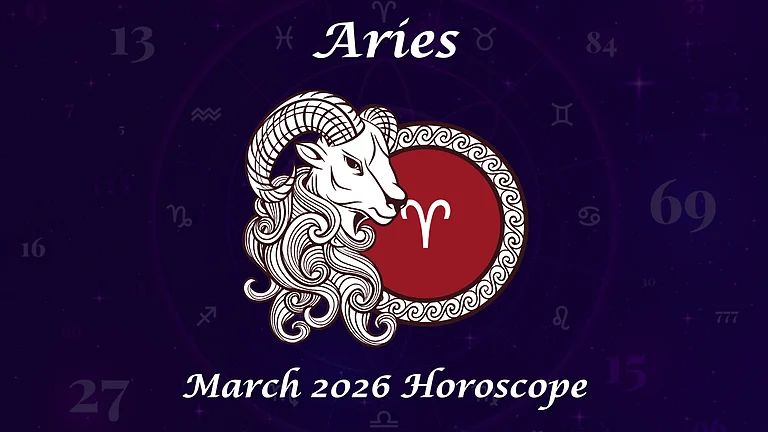Earth is set to experience a series of celestial visitors this week, including an asteroid the size of a sports stadium, according to NASA's Asteroid Watch. While there's no risk of impact, the close encounters will be closely monitored. The largest among them is projected to come within a distance of just under 2 million miles from our planet on Friday.
Asteroid 2008 OS7, measuring approximately 890 feet in diameter, will come closest on February 2, missing Earth by 1.77 million miles. This event will follow several other near-misses, adding an extra layer of cosmic excitement.
The week's cosmic lineup
1. Monday (Jan 29): 2024 AU4, a "building-size" asteroid of around 260 feet, will pass by at a safe distance of 3.92 million miles.
2. Wednesday (Jan 31): 2007 EG, an "airplane-size" asteroid, will cruise by at approximately 3.8 million miles away.
3. Friday (Feb 2): Asteroid 2024 BY, roughly the size of a house, will have the closest approach, passing within 1.57 million miles. On the same day, another "airplane-size" asteroid, 2003 BM4, with a diameter of 120 feet, will pass at a distance of 2.06 million miles.
While these asteroids are not considered a threat, NASA focuses attention on potentially hazardous objects (PHO), defined as asteroids and comets larger than 500 feet predicted to approach within 4.7 million miles of Earth. Monitoring such celestial bodies helps ensure a comprehensive understanding of potential risks.
As space agencies continue to study near-Earth objects, recent missions like OSIRIS-APEX, launched by NASA in December, aim to explore asteroids like Apophis, often dubbed the "God of Chaos." Apophis is expected to pass remarkably close to Earth in 2029, providing a unique opportunity for scientific observation.



























